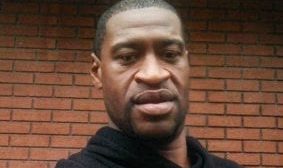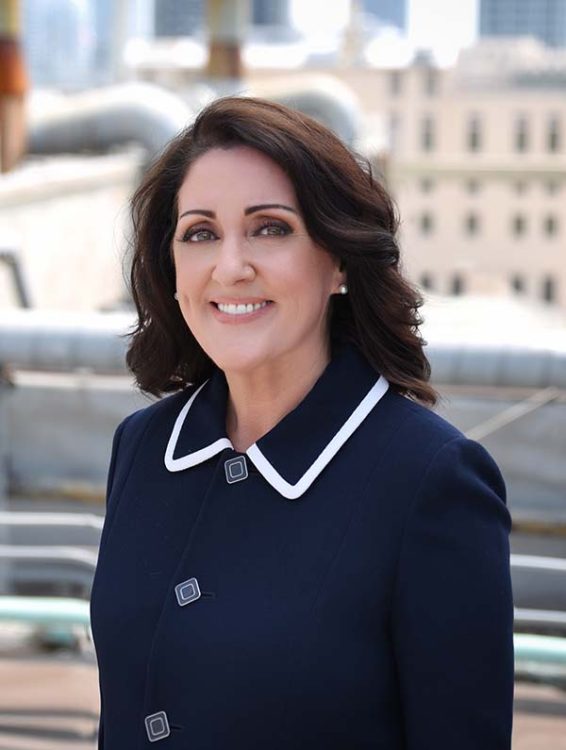Last updated:

As if a global pandemic and a hemorrhaging economy are not enough to worry about, we are being besieged once again by the news of reprehensible atrocities impacting the African-American community. Like what happened not long ago in St. Louis, Chicago, and New York, this most recent act of violence against an African-American man calls into question any progress our country has made in race relations.
The tragic death Monday night of George Floyd calls our attention back to the toxic racism that continues to plague our society. As with so many before him—Eric Garner, Michael Brown, Laquan McDonald, and too many more—Floyd’s death has been met with rage-fueled protests across the country. Cries of injustice and demands for accountability have temporarily drowned out the reports of mounting COVID casualties that dominate the daily news.
What we can do
I know that many of us here at The Chicago School are distressed by Monday’s events. More to the point, we feel anger at the cycles of violence that seem unending. I encourage our students and staff to use our discussion resources to express their feelings and fears. This is a time to draw deeply on the values that underlie The Chicago School experience. It’s a time to be reminded of the mission that guides us in our collective commitment to service, social justice, diversity, and inclusion.
The events of this week serve as yet another reminder of the glaring disparities that characterize our society. People of  color are disproportionately represented in issues of social justice. We must continue our collective efforts to correct this injustice. Events of this magnitude can certainly be demoralizing. It is precisely during these times when we must be the most steadfast about the good work we can and must do as mental and behavioral health professionals. Let us continue to make our voices heard. Even when we feel the world has taken a step backward.
color are disproportionately represented in issues of social justice. We must continue our collective efforts to correct this injustice. Events of this magnitude can certainly be demoralizing. It is precisely during these times when we must be the most steadfast about the good work we can and must do as mental and behavioral health professionals. Let us continue to make our voices heard. Even when we feel the world has taken a step backward.
Take care and share
As we look for ways to make a difference in the conversations ahead, please find below some resources from The National Child Traumatic Services Network (NCTSN).They were developed to address the community unrest, need for justice and support after this tragic death in Minneapolis. Please share these resources with others.
- Racial Injustice and Trauma: African Americans in the US: NCTSN Position Statement
- Addressing Race and Trauma in the Classroom: A Resource for Educators
- Psychological First Aid
- Helping Youth after Community Trauma: Tips for Educators
- Tips for Caregivers: Helping School-Age Children with Traumatic Grief
- Helping Young Children with Traumatic Grief: Tips for Caregivers
- The Power of Parenting: How to Help Your Child After a Parent or Caregiver Dies
- Community Violence: Reactions and Actions in Dangerous Times
- Complex Trauma: Facts for Caregivers
- Helping Teens with Traumatic Grief: Tips for Caregivers
- Secondary Traumatic Stress Fact Sheet for Organizations Employing Community Violence Workers
- Resilience Coping Intervention
- Skills for Psychological Recovery
This is a time in our lives when we must take a deep breath and keep marching forward to effect change in our communities and create the future we believe in.






